Discover Think Fast Talk Smart: Communication Techniques
Think Fast Talk Smart: Communication Techniques

Think Fast Talk Smart: Communication Techniques
Author: Matt Abrahams, Think Fast Talk Smart
Subscribed: 160,120Played: 1,487,522Subscribe
Share
© Think Fast Talk Smart LLC
Description
One of the most essential ingredients to success in business and life is effective communication.
Join Matt Abrahams, best-selling author and Strategic Communication lecturer at Stanford Graduate School of Business, as he interviews experts to provide actionable insights that help you communicate with clarity, confidence, and impact. From handling impromptu questions to crafting compelling messages, Matt explores practical strategies for real-world communication challenges.
Whether you’re navigating a high-stakes presentation, perfecting your email tone, or speaking off the cuff, Think Fast, Talk Smart equips you with the tools, techniques, and best practices to express yourself effectively in any situation. Enhance your communication skills to elevate your career and build stronger professional relationships.
Tune in every Tuesday for new episodes. Subscribe now to unlock your potential as a thoughtful, impactful communicator. Learn more and sign up for our eNewsletter at fastersmarter.io.
Join Matt Abrahams, best-selling author and Strategic Communication lecturer at Stanford Graduate School of Business, as he interviews experts to provide actionable insights that help you communicate with clarity, confidence, and impact. From handling impromptu questions to crafting compelling messages, Matt explores practical strategies for real-world communication challenges.
Whether you’re navigating a high-stakes presentation, perfecting your email tone, or speaking off the cuff, Think Fast, Talk Smart equips you with the tools, techniques, and best practices to express yourself effectively in any situation. Enhance your communication skills to elevate your career and build stronger professional relationships.
Tune in every Tuesday for new episodes. Subscribe now to unlock your potential as a thoughtful, impactful communicator. Learn more and sign up for our eNewsletter at fastersmarter.io.
259 Episodes
Reverse
Presenting complex information for your audience to understand.As communicators, we often need to take complex information (e.g., financial, technical, or scientific) and make it more understandable for our audience – we’re experts and they likely aren’t. But having so much knowledge on the topics we discuss can often make the job more difficult: we dive in too quickly, forget about our audience's needs, or use jargon that goes over their heads. In this episode of Think Fast, Talk Smart, strategic communications lecturers Matt Abrahams and Lauren Weinstein explore the “curse of knowledge” and offer specific techniques you can use to be more successful in getting your point across.Episode Reference Links:Lauren WeinsteinEp.3 When Knowing Too Much Can Hurt Your Communication: How to Make Complex Ideas AccessibleEp.49 Make Numbers Count: How to Communicate Data EffectivelyEp.91 Um, Like, So: How Filler Words Can Create More Connected, Effective Communication Connect:Premium Signup >>>> Think Fast Talk Smart PremiumEmail Questions & Feedback >>> hello@fastersmarter.ioEpisode Transcripts >>> Think Fast Talk Smart WebsiteNewsletter Signup + English Language Learning >>> FasterSmarter.ioThink Fast Talk Smart >>> LinkedIn, Instagram, YouTubeMatt Abrahams >>> LinkedInChapters:(00:00) - Introduction
(02:35) - Where Complexity Breaks Down
(03:48) - Start With the Audience
(04:50) - The Power of Analogy
(07:51) - The “Chunking” Technique
(09:46) - Make Data Relatable
(11:56) - The Final Three Question
(15:19) - Conclusion
********Thank you to our sponsors. These partnerships support the ongoing production of the podcast, allowing us to bring it to you at no cost. This episode is brought to you by Babbel. Think Fast Talk Smart listeners can get started on your language learning journey today- visit Babbel.com/Thinkfast and get up to 55% off your Babbel subscription.Join our Think Fast Talk Smart Learning Community and become the communicator you want to be.
Why good communication requires presence, not performance.Effective communication isn't about perfecting your performance. According to Dr. Kate Mason, it's about being powerfully present.Mason is a world champion debater, executive communication coach, and author of the book Powerfully Likeable. In her work coaching senior executives to communicate more effectively, she emphasizes that it’s not about creating a performative persona, it’s about uncovering the authentic communicator you already are. “The coaching is just bringing the real parts of you to the fore,” she says, “uncovering rather than totally building from scratch. A lot of people come to me and say, I need to be more warm or more insert adjective here. And I say, I'm not gonna help you be more warm if that's not what's coming naturally to you. I am gonna help you work out the thing you're already doing, the thing you're already saying, how to make that comfortable for people around you.”In this episode of Think Fast, Talk Smart, Mason and host Matt Abrahams discuss strategies for more present communication. From avoiding "imposing syndrome” to reducing “the delta between your real self and that corporate persona,” Mason's insights explore how we can bring more of our true selves to the table.To listen to the extended Deep Thinks version of this episode, please visit FasterSmarter.io/premium.Episode Reference Links:Dr. Kate MasonKate’s Book: Powerfully LikeableEp. 210 First Impression to Lasting Impact: Use Status Strategically Connect:Premium Signup >>>> Think Fast Talk Smart PremiumEmail Questions & Feedback >>> hello@fastersmarter.ioEpisode Transcripts >>> Think Fast Talk Smart WebsiteNewsletter Signup + English Language Learning >>> FasterSmarter.ioThink Fast Talk Smart >>> LinkedIn, Instagram, YouTubeMatt Abrahams >>> LinkedInChapters:(00:00) - Introduction
(02:32) - Why Confidence Is the Wrong Goal
(03:55) - Bridging Your Real and Work Selves
(05:27) - What Is Imposing Syndrome?
(07:01) - Catching Yourself Shrinking
(08:58) - Rethinking Imposter Syndrome
(10:15) - Assertive vs. Agreeable
(12:40) - Naming Your Communication Style
(15:38) - What You Say vs. How You Show Up
(17:43) - Body Language That Signals Openness
(19:04) - Executive Messaging Lessons
(22:01) - The Final Three Questions
(26:51) - Conclusion
********Thank you to our sponsors. These partnerships support the ongoing production of the podcast, allowing us to bring it to you at no cost. Go to Quince.com/ThinkFast for free shipping on your order and 365-day returns. Join our Think Fast Talk Smart Learning Community and become the communicator you want to be.
Celebrate our 250th episode with expert strategies that make tough conversations easier — and more meaningful.Some of the most meaningful shifts in how we communicate come from the moments that challenge us the most. In this special 250th episode of Think Fast Talk Smart, Matt Abrahams reflects on the insights that have shown him how conflict can become a catalyst for clarity, connection, and even compassion. From Amy Gallo’s reminder that the “right kind of conflict” leads to better outcomes to Jenn Wynn’s framework for calming our nervous system before stepping into a hard conversation and Julia Minson’s HEAR method for signaling genuine curiosity, each tool helps turn tension into understanding for every stage of conflict. And with Joseph Grenny’s guidance on noticing when our motives shift from problem-solving to winning, this episode highlights how self-awareness can reset even the toughest moments. Whether you’re navigating workplace disagreements or everyday friction at home, this milestone episode offers practical ways to make difficult dialogue feel less daunting — and a real opportunity to communicate better.Episode Reference Links:Amy GalloAmy’s Book: Getting Along: How to Work With AnyoneEp.144 Communicating Through Conflict: How to Get Along with AnyoneJenn Wynn Jenn’s Podcast: The H.I. Note: Healing Inspirations from LifeEp.222 Discussing Through Discomfort: Why the Conversations You Avoid Cost You the MostJulia MinsonEp.136 The Art of Disagreeing Without Conflict: Navigating the NuanceJoseph GrennyJoseph’s Book: Crucial ConversationsEp.207 From Conflict to Connection: Having Crucial Conversations that CountMusic from Blue Dot Sessions:Etude 3 Chessanta Etude 1 CherubEtude 12 TaminyOjufemiCloud CannonThe Caspian Sea DoghouseAn Opus in AbFirst Results Cach PKLTenawayConnect:Premium Signup >>>> Think Fast Talk Smart PremiumEmail Questions & Feedback >>> hello@fastersmarter.ioEpisode Transcripts >>> Think Fast Talk Smart WebsiteNewsletter Signup + English Language Learning >>> FasterSmarter.ioThink Fast Talk Smart >>> LinkedIn, Instagram, YouTubeMatt Abrahams >>> LinkedInTimed Links:(1:45) Getting Along: How to Work With Anyone (18:31) Crucial ConversationsChapters:(00:00) - Introduction
(03:17) - Why Conflict Is Necessary
(04:16) - Transforming Unproductive Conflict
(05:04) - Inner Experience of Difficult Conversations
(06:00) - Self-Awareness, Pause, Reframe
(08:07) - Four Questions For Understanding
(11:26) - Acting Curious vs. Feeling Curious
(13:42) - The HEAR Framework
(18:08) - Humility & Willingness To Be Wrong
(19:39) - Practice & Repetition
(21:06) - Acknowledging Motives
(22:20) - Two Questions to Reset Motives
(24:14) - Bringing the Frameworks Together
(25:40) - What Really Matters
(27:12) - Conclusion
********Thank you to our sponsors. These partnerships support the ongoing production of the podcast, allowing us to bring it to you at no cost. Go to Quince.com/ThinkFast for free shipping on your order and 365-day returns. Join our Think Fast Talk Smart Learning Community and become the communicator you want to be.
The right rituals—and the right conversations—can transform how your team collaborates.Strong collaboration starts with thoughtful practices and clear communication. As Molly Sands, Head of the Teamwork Lab at Atlassian, emphasizes, the teams that thrive are the ones that regularly pause to align on what matters and how they’re progressing. “You want to know if you’re making progress,” she notes, “and you want ways to redirect early—before you’re scrambling at the end.”Through her research with teams across Atlassian and around the world, Sands has seen how small, consistent habits—monthly goal reviews, transparent updates, shared spaces for spontaneous interaction—build alignment, psychological safety, and momentum. And in hybrid and distributed environments, she highlights how “bursty” collaboration patterns and intentional meeting design help teams move faster without burning out.In this Quick Thinks episode of Think Fast, Talk Smart, Sands and host Matt Abrahams break down the rituals that make teamwork work, from OKR check-ins to collaboration hours to the rotating Chief Vibes Officer. No matter where your team sits, Sands shows how intentional communication unlocks connection, speed, and more satisfying ways of working together.Episode Reference Links:Molly SandsEp.241 Team Spirit: How to Make Group Work WorkConnect:Premium Signup >>>> Think Fast Talk Smart PremiumEmail Questions & Feedback >>> hello@fastersmarter.ioEpisode Transcripts >>> Think Fast Talk Smart WebsiteNewsletter Signup + English Language Learning >>> FasterSmarter.ioThink Fast Talk Smart >>> LinkedIn, Instagram, YouTubeMatt Abrahams >>> LinkedInChapters:(00:00) - Introduction
(02:13) - Measuring Collaboration the Right Way
(05:05) - Training Leaders & Goal Rituals
(07:19) - Creating Space for Spontaneous Work
(10:50) - Making In-Person Time Count
(11:14) - Three High-Impact Team Gatherings
(14:38) - Supporting Diverse Communication Styles
(16:46) - Conclusion
********Thank you to our sponsors. These partnerships support the ongoing production of the podcast, allowing us to bring it to you at no cost. Go to Quince.com/ThinkFast for free shipping on your order and 365-day returns. Join our Think Fast Talk Smart Learning Community and become the communicator you want to be.
The secret to effective teamwork and collaboration.To collaborate, we have to communicate. As Molly Sands knows, “The more that we can get on the same page, the more effective we are.”Sands is a behavioral scientist and the head of the Teamwork Lab at Atlassian, where she researches how teams can collaborate more effectively and efficiently, especially in distributed and hybrid work environments. As she’s seen in her research and within her own team, “People can accomplish a lot more together when they work well together.” The key to unlocking that potential lies in communication that aligns people not just in their activity, but in their deeper goals and vision. “The best work happens when you start by asking why,” she says, “getting people to really understand: why is this a problem, why do we wanna solve it, and how are we uniquely positioned to do that? The more that we can map this out together, the more effective our teams tend to be.”In this episode of Think Fast, Talk Smart, Sands and host Matt Abrahams discuss strategies for effective collaboration, from “page-led” meetings and asynchronous video messages to using AI as a collaborator. Whether your team is working face-to-face or across time zones, Sands’ insights show how better communication is the key to better collaboration.Episode Reference Links:Molly SandsEp.241 Team Spirit: How to Make Group Work Work On Apple: (21:15) 241. Team Spirit: How to Make Group Work WorkConnect:Premium Signup >>>> Think Fast Talk Smart PremiumEmail Questions & Feedback >>> hello@fastersmarter.ioEpisode Transcripts >>> Think Fast Talk Smart WebsiteNewsletter Signup + English Language Learning >>> FasterSmarter.ioThink Fast Talk Smart >>> LinkedIn, Instagram, YouTubeMatt Abrahams >>> LinkedInChapters:(00:00) - Introduction
(02:21) - How the Teamwork Lab Works
(03:52) - Top Challenges for Teams
(04:26) - Clarifying Goals & Alignment
(07:08) - AI as a Collaborative Partner
(09:14) - Atlassian’s AI Onboarding Buddy
(12:38) - Rethinking Meetings
(15:47) - Three Types of Work Time
(17:06) - Replacing Meetings with Asynchronous Video
(19:51) - The Final Three Questions
(24:09) - Conclusion
********This episode is sponsored by Grammarly. Let Grammarly take the busywork off your plate so you can focus on high-impact work. Download Grammarly for free today Join our Think Fast Talk Smart Learning Community and become the communicator you want to be.
Two new Think Fast Talk Smart AI tools put communication skills to the test in real time.Technology promises many things, but few experiments illustrate its potential more vividly than a coach in conversation with his own digital counterpart. In this episode, Matt Abrahams introduces two new AI-powered tools from the Think Fast Talk Smart Online Learning Community: Coach Matt and Chat Matt. Trained on years of Matt’s communication teachings and podcast insights, these digital counterparts offer a rare opportunity to watch human expertise meet machine-driven guidance in real time.Coach Matt begins by addressing a familiar tension: the surge of anxiety that surfaces before high-stakes speaking moments. His approach reframes that nervousness as a form of future-focused energy that can be redirected toward curiosity and clarity. He also introduces the “What–So What–Now What” framework, a simple but powerful method for giving feedback that remains constructive, direct, and grounded in shared purpose.Chat Matt then steps into the conversation, tackling the challenge of crafting a compelling proposal in just two minutes. Its responses reveal how AI can quickly synthesize communication principles while also highlighting the evolving space where human nuance and digital precision intersect.By pairing Matt Abrahams with his own digital counterparts, this episode of Think Fast Talk Smarts explores the future of communication learning—one where technology doesn’t replace the coach, but expands the possibilities for insight, clarity, and confident expression.Episode Reference Links:Think Fast Talk Smart Learning Community Connect:Premium Signup >>>> Think Fast Talk Smart PremiumEmail Questions & Feedback >>> hello@fastersmarter.ioEpisode Transcripts >>> Think Fast Talk Smart WebsiteNewsletter Signup + English Language Learning >>> FasterSmarter.ioThink Fast Talk Smart >>> LinkedIn, Instagram, YouTubeMatt Abrahams >>> LinkedInChapters:(00:00) - Introduction
(02:40) - Introducing Coach Matt and Chat Matt
(03:41) - Coach Matt: Speaking Anxiety
(05:41) - Reframing Nervousness
(06:41) - Constructive Feedback Framework
(08:00) - Testing Communication Advice
(09:34) - Chat Matt: High-Stakes Presenting
(13:21) - Strengthening a Two-Minute Proposal
(15:57) - Conclusion
********This episode is sponsored by Grammarly. Let Grammarly take the busywork off your plate so you can focus on high-impact work. Download Grammarly for free today
Why good communication is the key to good communities.Community and communication go hand-in-hand. For Sandy Pentland, the culture and cohesion of any group “has to do with the stories [people] tell each other.”Pentland is a professor at MIT, where he helped create and direct the MIT Media Lab. As a pioneer in computational social science, he’s using data to map social networks and decode communication. In his latest book, Shared Wisdom: Cultural Evolution in the Age of AI, he explores the interplay between human culture, technological development, and societal change — arguing that communication is the tool that enables groups to achieve these advancements and to cohere throughout them. “Stories are the stuff of culture,” he says. “Sharing stories educates the community… defining the worldview and culture of that group.”In this episode of Think Fast, Talk Smart, Pentland and host Matt Abrahams explore what our communication patterns reveal about group dynamics and organizational health. From the “honest signals” in our interactions to strategies for strengthening remote work connections, Pentland shares how better communication can fuel more connected communities.Episode Reference Links:Sandy PentlandSandy’s Book: Shared WisdomEp.137 When Words Aren’t Enough: How to Excel at Nonverbal Communication Ep.65 Ties That Bind: Why Remote and Hybrid Teams Need the Right Connection Connect:Premium Signup >>>> Think Fast Talk Smart PremiumEmail Questions & Feedback >>> hello@fastersmarter.ioEpisode Transcripts >>> Think Fast Talk Smart WebsiteNewsletter Signup + English Language Learning >>> FasterSmarter.ioThink Fast Talk Smart >>> LinkedIn, Instagram, YouTubeMatt Abrahams >>> LinkedInChapters:(00:00) - Introduction
(02:23) - Honest Signals & Human Behavior
(04:16) - The Sociometric Badge Research
(05:46) - Human Connection in Remote Work
(07:03) - Organizations as Networks
(09:35) - How Ideas Spread in Groups
(12:46) - Bringing the Right People Together
(14:14) - Stories as Cultural DNA
(16:57) - The Final Three Questions
(21:50) - Conclusion
********This episode is sponsored by Grammarly. Let Grammarly take the busywork off your plate so you can focus on high-impact work. Download Grammarly for free today
When you enter a conflict trying to win, Deepak Chopra says you’ve already lost.“We can resolve any conflict,” says Dr. Deepak Chopra. All it takes is what he calls “conscious communication.”Chopra is a physician, a leading authority on integrative wellbeing, and the author of over 97 books. His “conscious communication” approach puts presence at the center of all meaningful interactions — bringing together attention, affection, appreciation, and acceptance. When applied to conflicts, his approach turns adversaries into collaborators, leading to what he calls "spiritual solutions" where diverse perspectives and problem-solving lead to better outcomes for all. “We can come up with a creative solution for any adversity,” he says. “All we want is the best outcome for everyone.”In this episode of Think Fast, Talk Smart, Chopra and host Matt Abrahams explore how presence transforms our interactions, why intentions enable us to accomplish more with less effort, and helpful questions to guide difficult conversations. Whether navigating conflict in our professional or personal lives, Chopra’s insights show why the best resolutions come when we stop trying to be right and start trying to understand.Episode Reference Links:Deepak ChopraDeepak Chopra AIEp.138 Speak Your Truth: Why Authenticity Leads to Better Communication Connect:Premium Signup >>>> Think Fast Talk Smart PremiumEmail Questions & Feedback >>> hello@fastersmarter.ioEpisode Transcripts >>> Think Fast Talk Smart WebsiteNewsletter Signup + English Language Learning >>> FasterSmarter.ioThink Fast Talk Smart >>> LinkedIn, Instagram, YouTubeMatt Abrahams >>> LinkedInChapters:(00:00) - Introduction
(02:33) - The Power of Presence
(04:19) - Reframing Conflict
(10:29) - The Role of Intention
(12:29) - DeepakChopra.ai Explained
(14:31) - The Final Three Question
(19:09) - Conclusion
********This episode is sponsored by Grammarly. Let Grammarly take the busywork off your plate so you can focus on high-impact work. Download Grammarly for free today
Why community is the most powerful tool for transformation.Community isn't just a feel-good buzzword. According to Gina Bianchini, it's a catalyst for personal and collective transformation.Bianchini is the CEO and founder of community-building platform, Mighty Networks, and author of the book Purpose: Design a Community and Change Your Life. "Community is when people come together, and every single member has something to give and something to receive," she explains. In contrast to the one-directional dynamic of a speaker and their audience or a creator and their following, Bianchini argues that the power of community lies in two-way exchanges, where each member benefits the group and benefits from it. "Community is the single most effective way to get results and transformation you just can't get on your own," she says.In this episode of Think Fast, Talk Smart, Bianchini joins host Matt Abrahams to discuss how to unlock the potential of purposeful communities. She shares strategies for finding your tribe during times of transition, the "people magic” created when we facilitate deep connections, and how creating community enables us to create the world and lives we imagine.To listen to the extended Deep Thinks version of this episode, please visit FasterSmarter.io/premium.Episode Reference Links:Gina BianchiniGina’s Book: PurposeEp.174 Fix Meetings: Transform Gatherings Into Meaningful Moments Connect:Premium Signup >>>> Think Fast Talk Smart PremiumEmail Questions & Feedback >>> hello@fastersmarter.ioEpisode Transcripts >>> Think Fast Talk Smart WebsiteNewsletter Signup + English Language Learning >>> FasterSmarter.ioThink Fast Talk Smart >>> LinkedIn, Instagram, YouTubeMatt Abrahams >>> LinkedInChapters:(00:00) - Introduction
(02:17) - Defining Community vs. Audience
(04:05) - Community as a Catalyst for Transformation
(06:41) - Finding the Right Community
(10:29) - The Future Story Framework
(13:22) - People Magic & Facilitation
(18:49) - The Final Three Questions
(24:41) - Conclusion
********This episode is sponsored by Grammarly. Let Grammarly take the busywork off your plate so you can focus on high-impact work. Download Grammarly for free today
Reduce speaking anxiety and achieve your communication goals.“There’s no difference between the physiological response to something that you’re excited about and something that you’re nervous about or dreading,” says Andrew Huberman, associate professor of neurobiology and ophthalmology at Stanford University.In this Think Fast Talk Smart Rethinks episode, we revisit one of our most popular interviews. In it, Huberman, from the wildly popular Huberman Lab Podcast, shares his research on the autonomic continuum, a spectrum between states of high alertness or fear all the way down to deep sleep, and shares how to use the system to your advantage. “If people can conceptualize that the anxiety or stress response is the same as the excitement response, they feel different,” Huberman says.Episode Reference Links:Andrew HubermanEp.33 Hacking your Speaking Anxiety: How Lessons from Neuroscience Can Help You Communicate Confidently Connect:Premium Signup >>>> Think Fast Talk Smart PremiumEmail Questions & Feedback >>> hello@fastersmarter.ioEpisode Transcripts >>> Think Fast Talk Smart WebsiteNewsletter Signup + English Language Learning >>> FasterSmarter.ioThink Fast Talk Smart >>> LinkedIn, Instagram, YouTubeMatt Abrahams >>> LinkedInChapters:(00:00) - Introduction
(02:50) - Stress & the Autonomic Continuum
(04:58) - Controlling Alertness & Calmness
(08:47) - Movement & Audience Perception
(11:12) - Eye Movements for Anxiety Reduction
(13:32) - Two Approaches to Managing Stress
(18:16) - Preparing for Stress in Advance
(20:18) - Effective Virtual Communication
(22:20) - The Final Three Questions
(27:10) - Conclusion
********This episode is sponsored by Grammarly. Let Grammarly take the busywork off your plate so you can focus on high-impact work. Download Grammarly for free today
Transform how you communicate with tools that make your message stick.Sometimes the best way to explain an idea is to show it. That’s why Loom was built — to make communication more visual, authentic, and efficient. By combining video, screen sharing, and AI-powered editing, Loom helps teams connect and collaborate asynchronously, no matter where they are.In this episode of the Think Fast, Talk Smart Tech Tools miniseries, host Matt Abrahams talks with Joe Thomas, co-founder and CEO of Loom, now part of Atlassian, about how asynchronous video can make communication clearer, faster, and more personal. They discuss why “show, don’t tell” is such an effective communication principle, how authenticity builds trust, and why recording yourself might be one of the best ways to improve how you communicate.In addition to insight-packed discussions, this miniseries explores innovative tools that enhance the way we communicate and connect. Whether you want to make your presentations more memorable, craft stories that stick, or connect with your audience on a deeper level, these episodes will help you communicate with greater clarity, confidence, and impact.Episode Reference Links:Joe ThomasEp.227 Tech Tools: Move Your Audience By Moving Through Your PresentationEp.230 Tech Tools: Use Visuals to Your AdvantageEp.233 Tech Tools: Write with Confidence and ImpactEp.236 Tech Tools: Zeroing in on Your Email CommunicationEp.239 Tech Tools: How Smarter Scheduling Leads to Stronger Communication Connect:Premium Signup >>>> Think Fast Talk Smart PremiumEmail Questions & Feedback >>> hello@fastersmarter.ioEpisode Transcripts >>> Think Fast Talk Smart WebsiteNewsletter Signup + English Language Learning >>> FasterSmarter.ioThink Fast Talk Smart >>> LinkedIn, Instagram, YouTubeMatt Abrahams >>> LinkedInChapters:(00:00) - Introduction
(01:18) - Loom Elevator Pitch
(02:27) - Creation of Loom
(03:50) - Show, Don’t Tell: Using Video Effectively
(08:38) - Favorite Communicator
(09:42) - Communication Hack or Tool
(12:45) - Conclusion
*******Thank you to our sponsors. These partnerships support the ongoing production of the podcast, allowing us to bring it to you at no cost.Try Prezi today and get 25% off exclusively at prezi.com/thinkfast.
How to unlock the power of groups through collective communication.They say teamwork makes the dream work. But as Colin Fisher knows, unlocking the power of groups requires a specific kind of collective communication.Fisher is an associate professor of organizations and innovation at University College London School of Management and author of The Collective Edge: Unlocking the Secret Power of Groups. His research reveals the dichotomy of group dynamics: "Groups can be the pinnacle of human accomplishment," he says. "But groups also have these tendencies to restrict us, to take away our individuality, and to sometimes make us the worst versions of ourselves.” The key, he argues, is fostering communication that maximizes the creative synergy of collaboration while minimizing the pressure to conform.In this episode of Think Fast, Talk Smart, Fisher joins host Matt Abrahams to share evidence-based strategies for effective teamwork, from selecting the ideal group size to fostering psychological safety. Whether with our coworkers, our families, or our friends, Fisher’s insights reveal how collective communication can make or break group success.To listen to the extended Deep Thinks version of this episode, please visit FasterSmarter.io/premium.Episode Reference Links:Colin FisherColin’s Book: The Collective EdgeEp.174 Fix Meetings: Transform Gatherings Into Meaningful MomentsEp.124 Making Meetings Meaningful Pt. 1: How to Structure and Organize More Effective Gatherings Connect:Premium Signup >>>> Think Fast Talk Smart PremiumEmail Questions & Feedback >>> hello@fastersmarter.ioEpisode Transcripts >>> Think Fast Talk Smart WebsiteNewsletter Signup + English Language Learning >>> FasterSmarter.ioThink Fast Talk Smart >>> LinkedIn, Instagram, YouTubeMatt Abrahams >>> LinkedInChapters:(00:00) - Introduction
(02:28) - Advantages and Disadvantages of Groups
(04:02) - What Makes Teams Successful
(05:46) - The Ideal Group Size
(06:42) - Building Psychological Safety
(08:58) - Launching a Team for Success
(13:19) - Making Meetings More Effective
(16:34) - The Final Three Questions
(22:36) - Conclusion
********This episode is sponsored by Grammarly. Let Grammarly take the busywork off your plate so you can focus on high-impact work. Download Grammarly for free today
How to identify and rewrite the limiting beliefs holding you back.Achieving what you want in life doesn’t just hinge on what you believe about your future. According to Muriel Wilkins, it has just as much to do with what you believe about your past and present.Wilkins is an executive coach, author, and host of the HBR podcast Coaching Real Leaders. In her new book, Leadership Unblocked: Breakthrough the Beliefs that Limit Your Potential, she explains how our personal and professional blocks often stem from our own limiting beliefs about ourselves. “A belief is a story that you tell yourself,” she says, “It is the operating principle that is driving your behavior and the decisions you make.” Before we can take actions that will lead us to where we want to go, we have to uncover these hidden beliefs. Otherwise, Wilkins says, “We'll come back right to where we started. It's not just about what we do, it's about what we think about what we do that makes all the difference."In this episode of Think Fast, Talk Smart, Wilkins and host Matt Abrahams explore the three-step process of uncover, unpack, and unblock — Wilkins’ method for identifying limiting beliefs, understanding how they might be shaping our behavior, and updating narratives to align with who we actually want to be.To listen to the extended Deep Thinks version of this episode, please visit FasterSmarter.io/premium.Episode Reference Links:Muriel WilkinsMuriel’s Book: Leadership UnblockedEp.102 Create a Presence: How to Communicate in a Way Others Can FeelEp.98 Give It to Me Straight: How to Give Honest, Constructive Feedback Connect:Premium Signup >>>> Think Fast Talk Smart PremiumEmail Questions & Feedback >>> hello@fastersmarter.ioEpisode Transcripts >>> Think Fast Talk Smart WebsiteNewsletter Signup + English Language Learning >>> FasterSmarter.ioThink Fast Talk Smart >>> LinkedIn, Instagram, YouTubeMatt Abrahams >>> LinkedInChapters:(00:00) - Introduction
(02:23) - The Seven Limiting Beliefs
(04:49) - Three Steps to Becoming Unblocked
(08:03) - Rethinking Values and Success
(09:18) - Healthy vs. Toxic Productivity
(12:02) - The Power of Mindset and Reframing
(14:38) - Reverse Engineering Your Goals
(17:47) - Managing Emotional Investment
(21:27) - The Final Three Question
(26:58) - Conclusion
********This episode is sponsored by Grammarly. Let Grammarly take the busywork off your plate so you can focus on high-impact work. Download Grammarly for free today
Transform how you communicate with tools that make your message stick.Meetings are where collaboration happens — but too often, scheduling them feels like the biggest barrier to meaningful connection. That’s why Calendly was created: to simplify scheduling and make time for what truly matters — the conversation itself.In this episode of the Think Fast, Talk Smart Tech Tools miniseries, host Matt Abrahams talks with Calendly’s Vice President of Growth, Darren Chait, about how intentional scheduling leads to better communication, stronger relationships, and more productive meetings. They explore how data-driven insights can improve collaboration, reduce burnout, and help teams make every meeting count.In addition to insight-packed discussions, this miniseries explores innovative tools that enhance the way we communicate and connect. Whether you want to make your presentations more memorable, craft stories that stick, or connect with your audience on a deeper level, these episodes will help you communicate with greater clarity, confidence, and impact.Episode Reference Links:Darren ChaitE.227 Tech Tools: Move Your Audience By Moving Through Your Presentation Ep.230 Tech Tools: Use Visuals to Your Advantage Ep.233 Tech Tools: Write with Confidence and Impact Ep.236 Tech Tools: Zeroing in on Your Email Communication Connect:Premium Signup >>>> Think Fast Talk Smart PremiumEmail Questions & Feedback >>> hello@fastersmarter.ioEpisode Transcripts >>> Think Fast Talk Smart WebsiteNewsletter Signup + English Language Learning >>> FasterSmarter.ioThink Fast Talk Smart >>> LinkedIn, Instagram, YouTubeMatt Abrahams >>> LinkedInChapters:(00:00) - Introduction
(01:12) - Calendly Elevator Pitch
(02:47) - The Origin of Calendly
(04:44) - The Art of Intentional Scheduling
(06:33) - Making Meetings More Effective
(07:30) - Favorite Communicator
(09:36) - Communication Hack or Tool
(11:41) - Conclusion
*******Thank you to our sponsors. These partnerships support the ongoing production of the podcast, allowing us to bring it to you at no cost.Try Prezi today and get 25% off exclusively at prezi.com/thinkfast.
When we truly listen, every conversation changes — including the one with ourselves.Listening isn’t about waiting for your turn to speak — it’s about being present enough to truly hear. In a world full of noise, slowing down to listen can feel like a radical act. Yet it’s in those moments of stillness and attention that real understanding begins.In this special Ask Matt Anything episode of Think Fast, Talk Smart, we explore what it means to “listen up” — to engage with intention, empathy, and curiosity. Along the way, listener questions spark insights on how to slow down fast conversations, apply communication tools in real life, and navigate the nuances of culture and connection. Because better communication doesn’t start with what we say — it starts with what we hear.To listen to the extended Deep Thinks version of this episode, please visit FasterSmarter.io/premium.Episode Reference Links:Ep.17 Think Fast: You Asked, We AnsweredEp.114 Communication Means Paying Attention: The Four Pillars of Active ListeningAsk Matt Anything (AMA) 1: Trust, Paraphrasing, and Nonverbal Cues Connect:Premium Signup >>>> Think Fast Talk Smart PremiumEmail Questions & Feedback >>> hello@fastersmarter.ioEpisode Transcripts >>> Think Fast Talk Smart WebsiteNewsletter Signup + English Language Learning >>> FasterSmarter.ioThink Fast Talk Smart >>> LinkedIn, Instagram, YouTubeMatt Abrahams >>> LinkedInChapters:(00:00) - Introduction
(02:44) - The Three Ps That Block Good Listening
(03:41) - Ace Your Listening: Pace, Space, and Grace
(06:01) - Listening Beyond Words: Nonverbal Cues That Matter
(06:39) - Listening Through Paraphrasing
(08:15) - Practicing Better Listening
(09:32) - Choosing the Right Structure for Your Audience
(12:57) - Applying Communication Skills Effectively
(16:04) - Slowing Down Conversations
(20:29) - Practicing and Getting Feedback
(22:59) - What’s Next for Think Fast Talk Smart
(24:51) - Conclusion
********This episode is sponsored by Grammarly. Let Grammarly take the busywork off your plate so you can focus on high-impact work. Download Grammarly for free today
Why we learn the most when we accept that we might be wrong.Effective communication isn’t about having all the answers. As Astro Teller knows, it’s about finding (and sometimes fumbling) your way through the questions.Teller is a computer scientist, entrepreneur, and inventor who serves as Captain of Moonshots at X, Alphabet's Moonshot Factory. In his work leading teams toward audacious solutions to seemingly unsolvable problems, he embraces what he calls “a learning journey,” where being wrong isn’t the end, but the beginning. “As scary as it is to be wrong,” he says, it’s a necessary part of the discovery process. Whether experimenting in the lab or testing our thoughts and opinions in conversation with others, it’s about having the humility and curiosity to face the limits of our understanding. “When do you learn something? You learn something when you have a model about the world, and then you get some data that tells you you're wrong,” he says. “You learn nothing when you're right.”In this episode of Think Fast, Talk Smart, Teller and host Matt Abrahams discuss how embracing uncertainty drives innovation, why leaders should reward learning habits over outcomes, and how we learn the most when we’re not afraid to find that we might be wrong.To listen to the extended Deep Thinks version of this episode, please visit FasterSmarter.io/premium.Episode Reference Links:Astro TellerAstro’s Book: Sacred Cows Ep.70 Ideas Fuel Innovation: Why Your First Ideas Aren’t Always the Best Ep.20 Question Your Questions: How to Spark Creativity in Your Communication Connect:Premium Signup >>>> Think Fast Talk Smart PremiumEmail Questions & Feedback >>> hello@fastersmarter.ioEpisode Transcripts >>> Think Fast Talk Smart WebsiteNewsletter Signup + English Language Learning >>> FasterSmarter.ioThink Fast Talk Smart >>> LinkedIn, Instagram, YouTubeMatt Abrahams >>> LinkedInChapters:(00:00) - Introduction
(02:25) - Defining a Moonshot
(04:28) - Building a Learning Machine
(07:07) - Learning vs. Productivity
(08:42) - Capturing and Sharing Learning
(10:56) - Rewarding Habits, Not Outcomes
(13:24) - Moonshot Success Stories
(16:23) - The Power of Storytelling in Innovation
(17:53) - Launching The Moonshot Podcast
(19:44) - The Final Three Questions
(25:29) - Conclusion
********This episode is sponsored by Grammarly. Let Grammarly take the busywork off your plate so you can focus on high-impact work. Download Grammarly for free today
Transform how you communicate with tools that make your message stick.Staying on top of communication starts with staying in control of your inbox. That’s why Rahul Vohra, founder and CEO of Superhuman, believes that how we manage email directly shapes how we manage our time, focus, and relationships.For years, Superhuman has helped professionals reach Inbox Zero faster — reducing email overload and reclaiming time for what truly matters. In this episode of the Think Fast, Talk Smart Tech Tools miniseries, host Matt Abrahams talks with Vohra about the philosophy behind Inbox Zero, how better systems lead to clearer communication, and why mindfulness and intentional design can make us more effective communicators.In addition to insight-packed discussions, this miniseries explores innovative tools that enhance the way we communicate and connect. Whether you want to make your presentations more memorable, craft stories that stick, or connect with your audience on a deeper level, these episodes will help you communicate with greater clarity, confidence, and impact.Episode Reference Links:Rahul VohraEp.227 Tech Tools: Move Your Audience By Moving Through Your Presentation Ep.230 Tech Tools: Use Visuals to Your Advantage Ep.233 Tech Tools: Write with Confidence and Impact Connect:Premium Signup >>>> Think Fast Talk Smart PremiumEmail Questions & Feedback >>> hello@fastersmarter.ioEpisode Transcripts >>> Think Fast Talk Smart WebsiteNewsletter Signup + English Language Learning >>> FasterSmarter.ioThink Fast Talk Smart >>> LinkedIn, Instagram, YouTubeMatt Abrahams >>> LinkedInChapters:(00:00) - Introduction
(01:18) - The Philosophy Behind Inbox Zero
(04:19) - The Superhuman Elevator Pitch
(05:50) - The Origin of Superhuman
(08:58) - Favorite Communicator
(10:01) - Communication Hack or Tool
(11:43) - Conclusion
*******Thank you to our sponsors. These partnerships support the ongoing production of the podcast, allowing us to bring it to you at no cost.Try Prezi today and get 25% off exclusively at prezi.com/thinkfast.
The road to mastery is paved with small improvements every day.Communicating can feel daunting at times. What does it take to find your voice in the moments that matter most? As Chiney Ogwumike says, “There is freedom on the other side of your fear.”As a professional basketball player, NBA and WNBA analyst for ESPN, and advocate for gender equality in sports, Ogwumike faces many situations where communication is critical. For her, achieving confidence in communication is the same as honing any other skill—embracing failure and refinement through repetition. “The best things in life are things you work out over long periods of time,” she says. “Great people, great communicators, anyone that's working at something, show up each and every day and just chip away, chip away, chip away, until they turn that weakness into a strength.”In this episode of Think Fast, Talk Smart, Ogwumike and host Matt Abrahams discuss how practice and preparation can equip us for better communication, transforming fear into confidence, perfectionism into authenticity, and weakness into strength.To listen to the extended Deep Thinks version of this episode, please visit FasterSmarter.io/premium.Episode Reference Links:Chiney OgwumikeEp.166 Why Relying on Talent Alone Will Fail You Ep.153 Listen Up, Leaders: A Record-Setting Coach’s Guide to Communication Connect:Premium Signup >>>> Think Fast Talk Smart PremiumEmail Questions & Feedback >>> hello@fastersmarter.ioEpisode Transcripts >>> Think Fast Talk Smart WebsiteNewsletter Signup + English Language Learning >>> FasterSmarter.ioThink Fast Talk Smart >>> LinkedIn, Instagram, YouTubeMatt Abrahams >>> LinkedInChapters:(00:00) - Introduction
(02:21) - Communication on the Court
(04:03) - Performing Under Pressure
(06:12) - Lessons from Great Coaches
(08:22) - Embracing Imperfection and Authenticity
(11:44) - Strategies for Effective On-Air Communication
(16:12) - The Final Three Questions
(19:05) - Conclusion
********This episode is sponsored by Grammarly. Let Grammarly take the busywork off your plate so you can focus on high-impact work. Download Grammarly for free today
When it comes to leading a team, there’s no such thing as too much information.Good leadership is about good communication. And for General Stanley McChrystal, that means creating a culture of free-flowing information: “The goal is to have everyone know everything all the time,” he says.McChrystal is a retired four-star general, former commander of US and international forces in Afghanistan, and a renowned leadership expert. In his experience building cohesive teams in complex environments, he’s discovered that successful teams are built on a “shared consciousness [where] all have a common contextual understanding of what the situation is.” The key to creating that kind of culture, he says, is radical transparency — from leaders and subordinates alike. Whatever your position, “You are responsible for informing other people of things that they need to know,” he says.In this episode of Think Fast, Talk Smart, McChrystal and host Matt Abrahams discuss how to build shared consciousness within teams, how to communicate across cultural divides, and how to lead with clarity, context, and character.To listen to the extended Deep Thinks version of this episode, please visit FasterSmarter.io/premium.Episode Reference Links:General Stanley McChrystalGeneral McChrystal’s Books: On Character / Team of Teams155. Can We Be Candid? How to Communicate Clearly and Directly161. Do Your Homework: Know What to Say by Knowing Who You’re Talking To Connect:Premium Signup >>>> Think Fast Talk Smart PremiumEmail Questions & Feedback >>> hello@fastersmarter.ioEpisode Transcripts >>> Think Fast Talk Smart WebsiteNewsletter Signup + English Language Learning >>> FasterSmarter.ioThink Fast Talk Smart >>> LinkedIn, Instagram, YouTubeMatt Abrahams >>> LinkedInChapters:(00:00) - Introduction
(02:31) - Building Shared Consciousness
(06:41) - Leading Across Differences
(08:21) - Delivering Difficult News
(10:46) - Communicating in a Virtual World
(16:45) - Character as an Iterative Practice
(18:55) - The Final Three Questions
(23:16) - Conclusion
********This episode is sponsored by Grammarly. Let Grammarly take the busywork off your plate so you can focus on high-impact work. Download Grammarly for free today
Transform how you communicate with tools that make your message stick.Clarity is the cornerstone of great communication—but turning your thoughts into words isn’t always simple. That’s why Grammarly exists: to help you express yourself with confidence and precision, no matter the context.For over a decade, Grammarly has helped millions of people improve their writing, from everyday emails to high-stakes professional communications. In this episode of the Think Fast, Talk Smart Tech Tools miniseries, host Matt Abrahams talks with Grammarly co-founder Max Lytvyn about the origins of the tool, how AI is shaping the future of writing, and why starting with your goal is the key to effective communication.In addition to insight-packed discussions, this miniseries explores innovative tools that enhance the way we communicate and connect. Whether you want to make your presentations more memorable, craft stories that stick, or connect with your audience on a deeper level, these episodes will help you communicate with greater clarity, confidence, and impact.Episode Reference Links:Max Lytvyn Ep.227 Tech Tools: Move Your Audience By Moving Through Your Presentation Ep.230 Tech Tools: Use Visuals to Your Advantage Connect:Premium Signup >>>> Think Fast Talk Smart PremiumEmail Questions & Feedback >>> hello@fastersmarter.ioEpisode Transcripts >>> Think Fast Talk Smart WebsiteNewsletter Signup + English Language Learning >>> FasterSmarter.ioThink Fast Talk Smart >>> LinkedIn, Instagram, YouTubeMatt Abrahams >>> LinkedInChapters:(00:00) - Introduction
(01:14) - The Origins of Grammarly
(02:50) - Grammarly Elevator Structure
(04:54) - Lessons on Improving Writing
(07:11) - Favorite Communicator
(08:08) - Communication Hack or Tool
(11:02) - Conclusion
*******Thank you to our sponsors. These partnerships support the ongoing production of the podcast, allowing us to bring it to you at no cost.Try Prezi today and get 25% off exclusively at prezi.com/thinkfast.


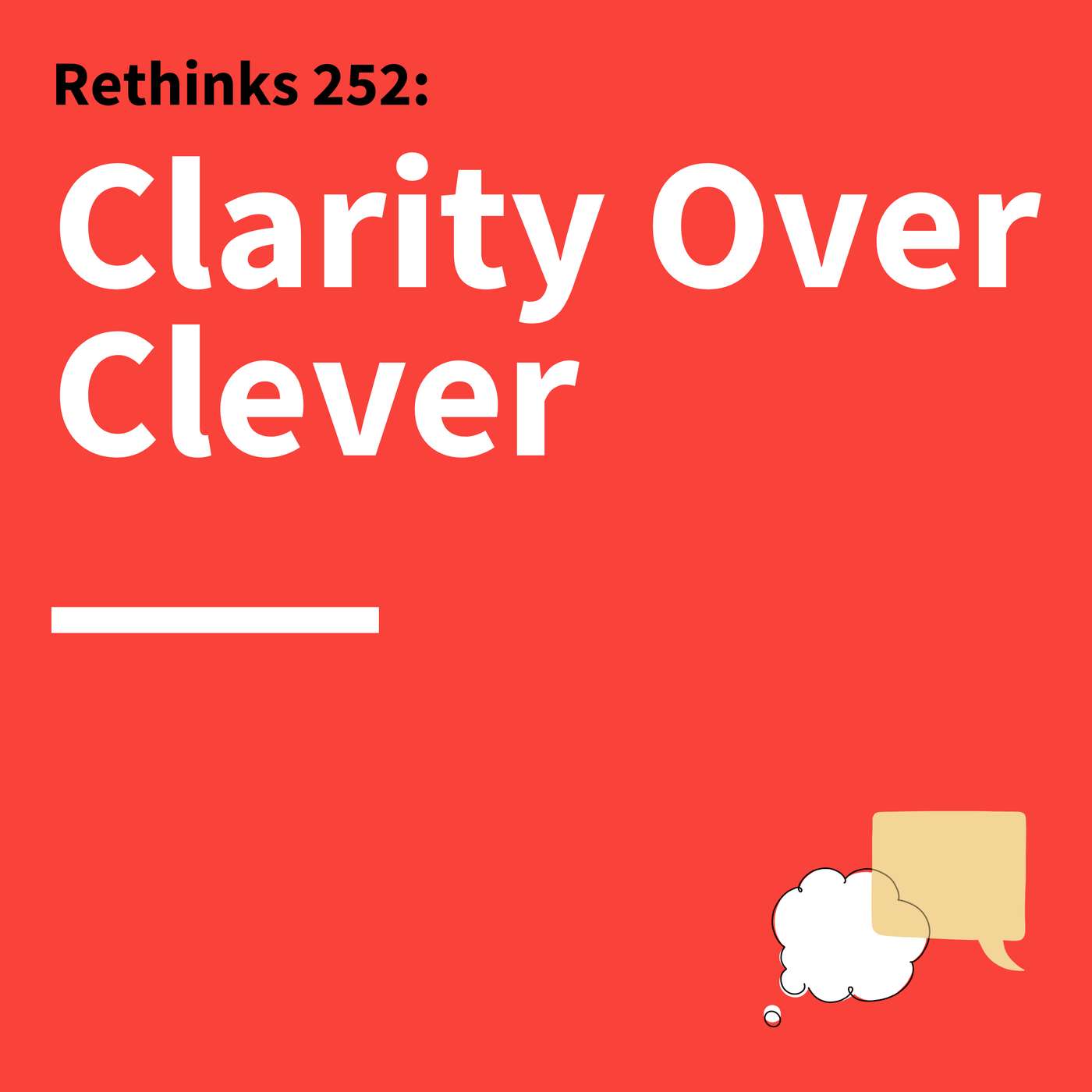
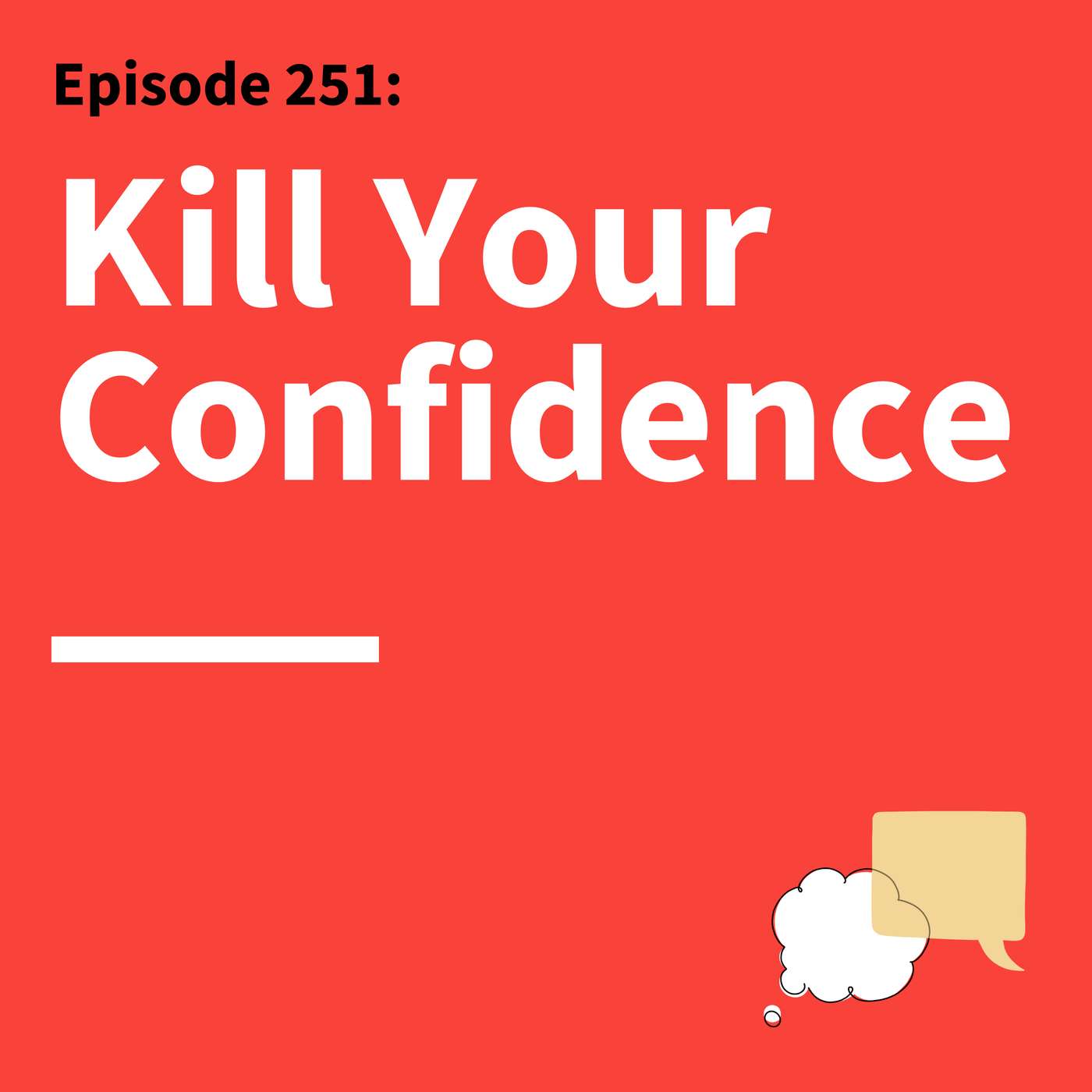
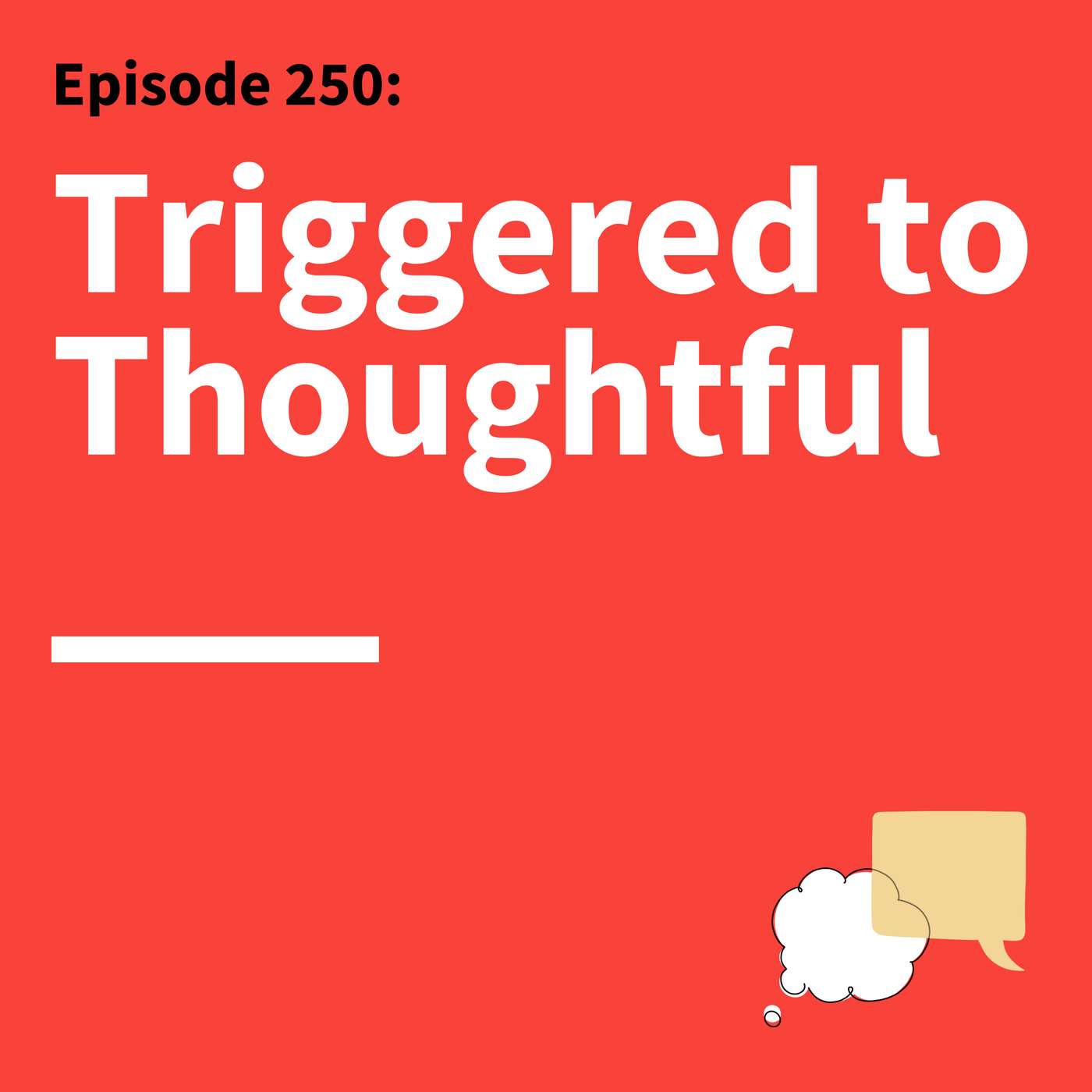
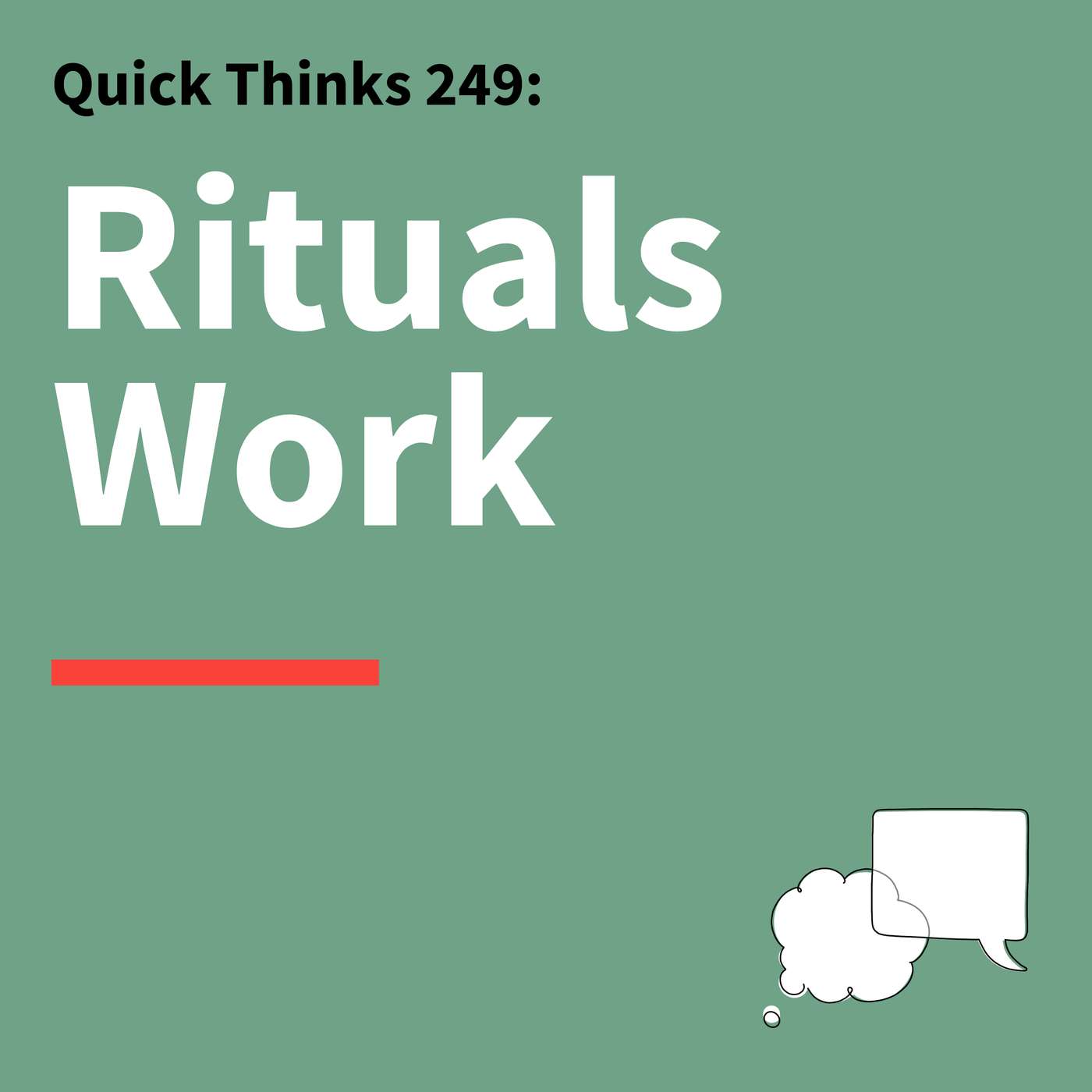
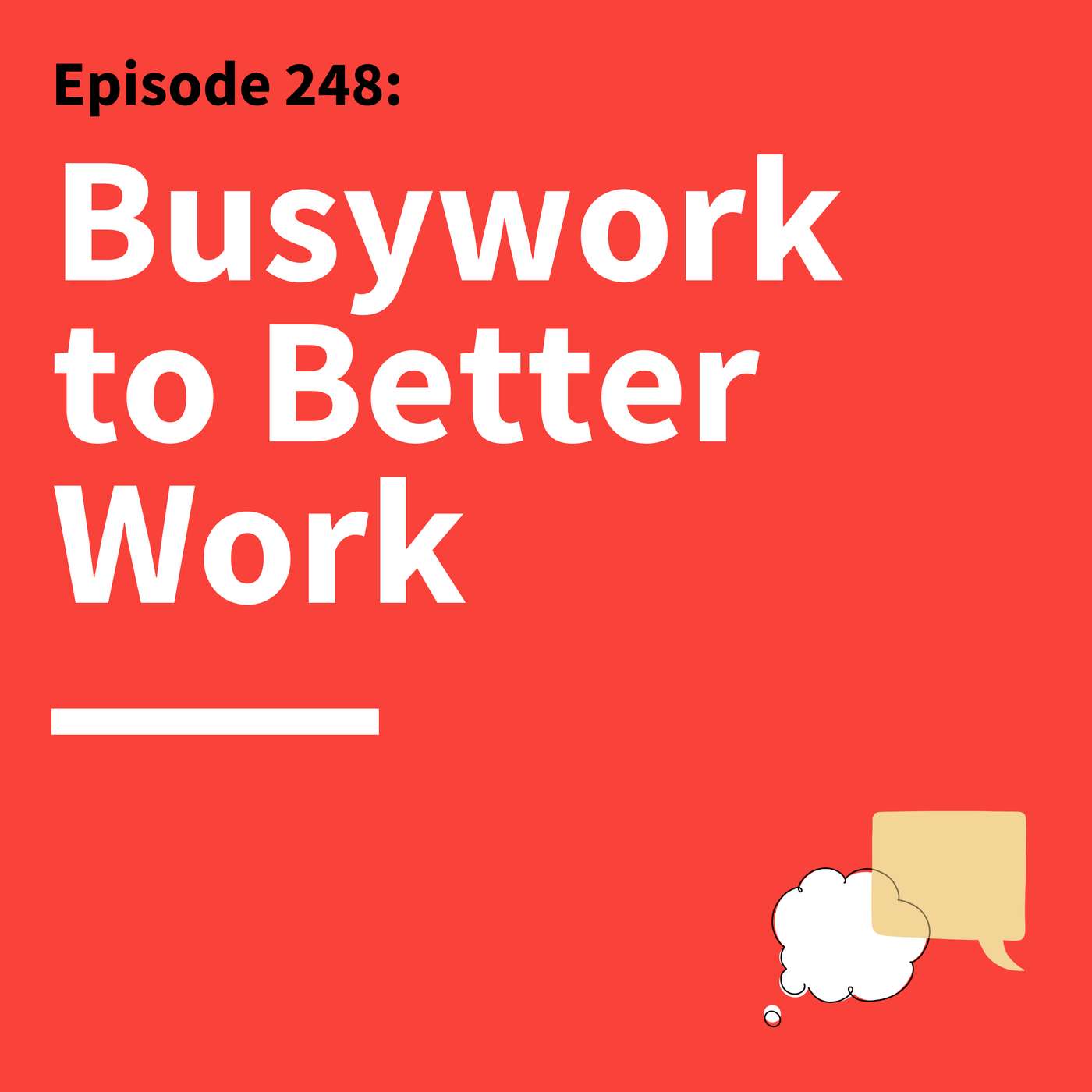
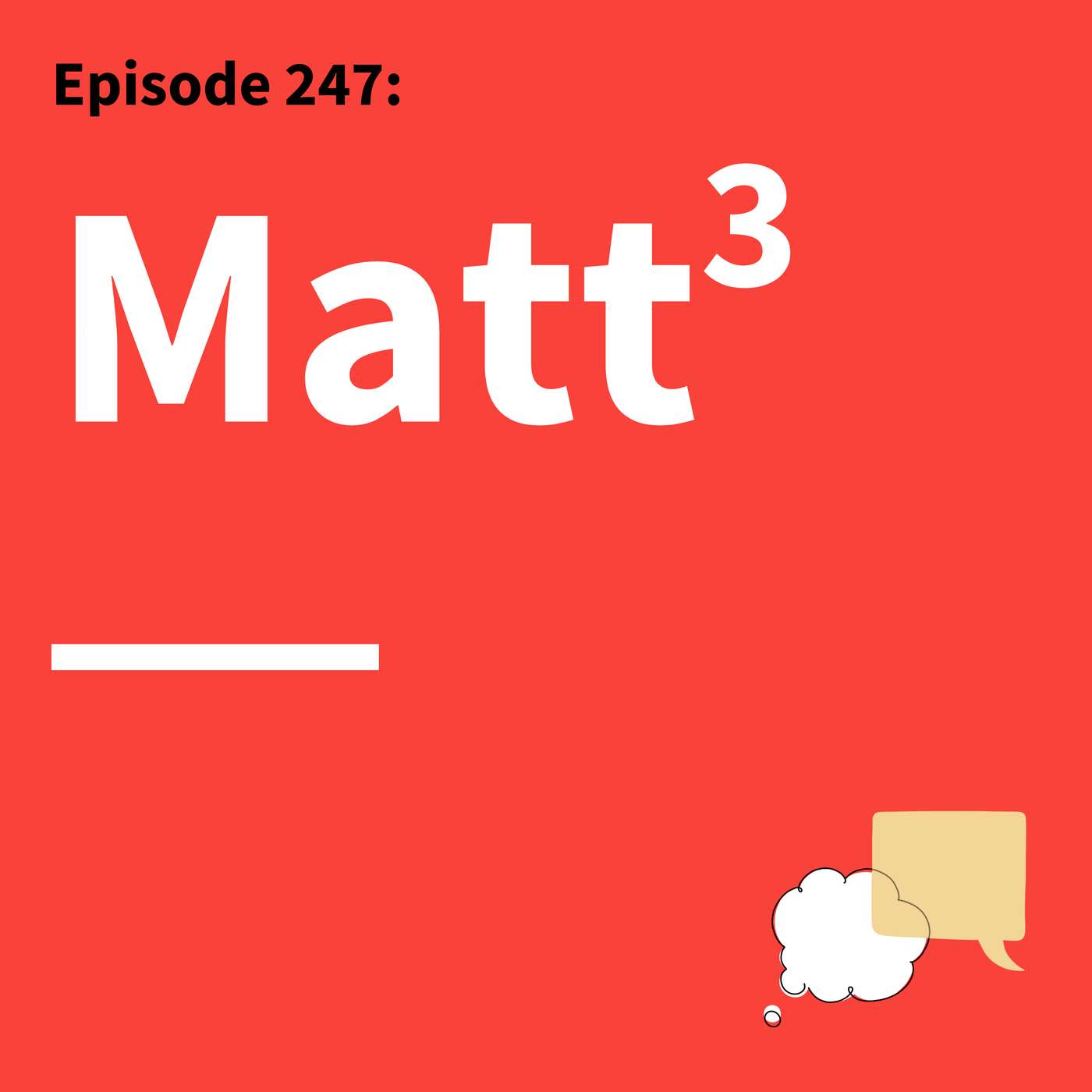

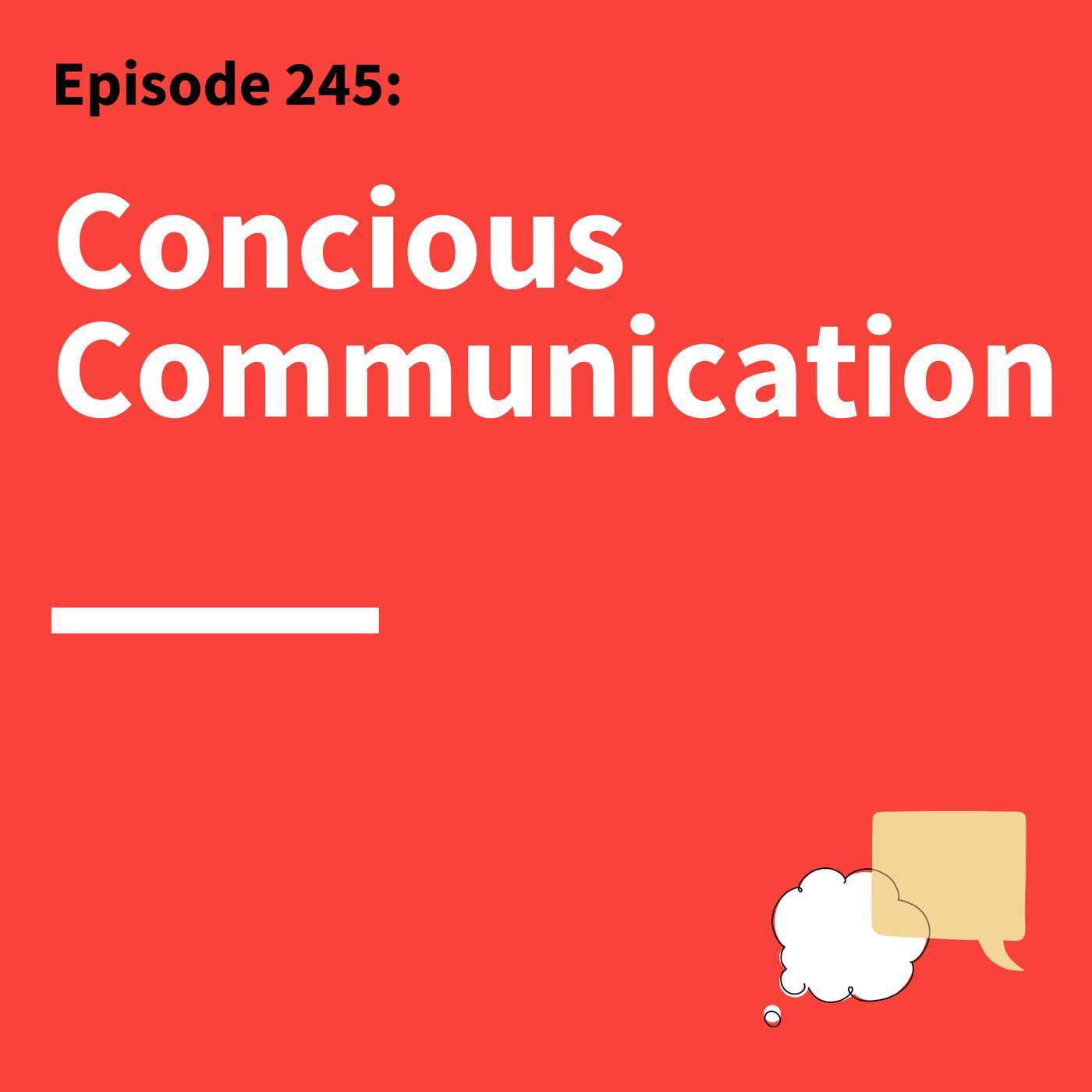
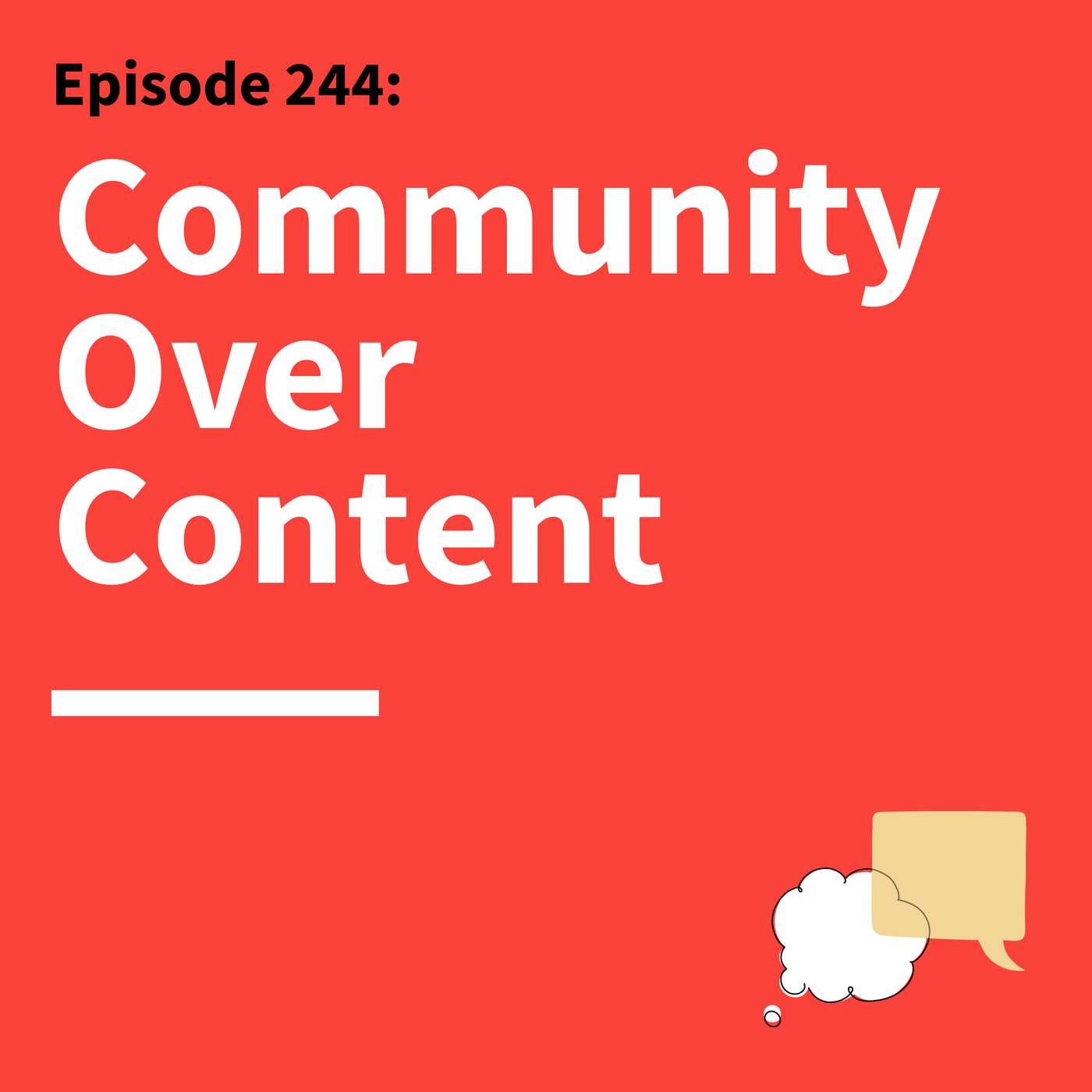
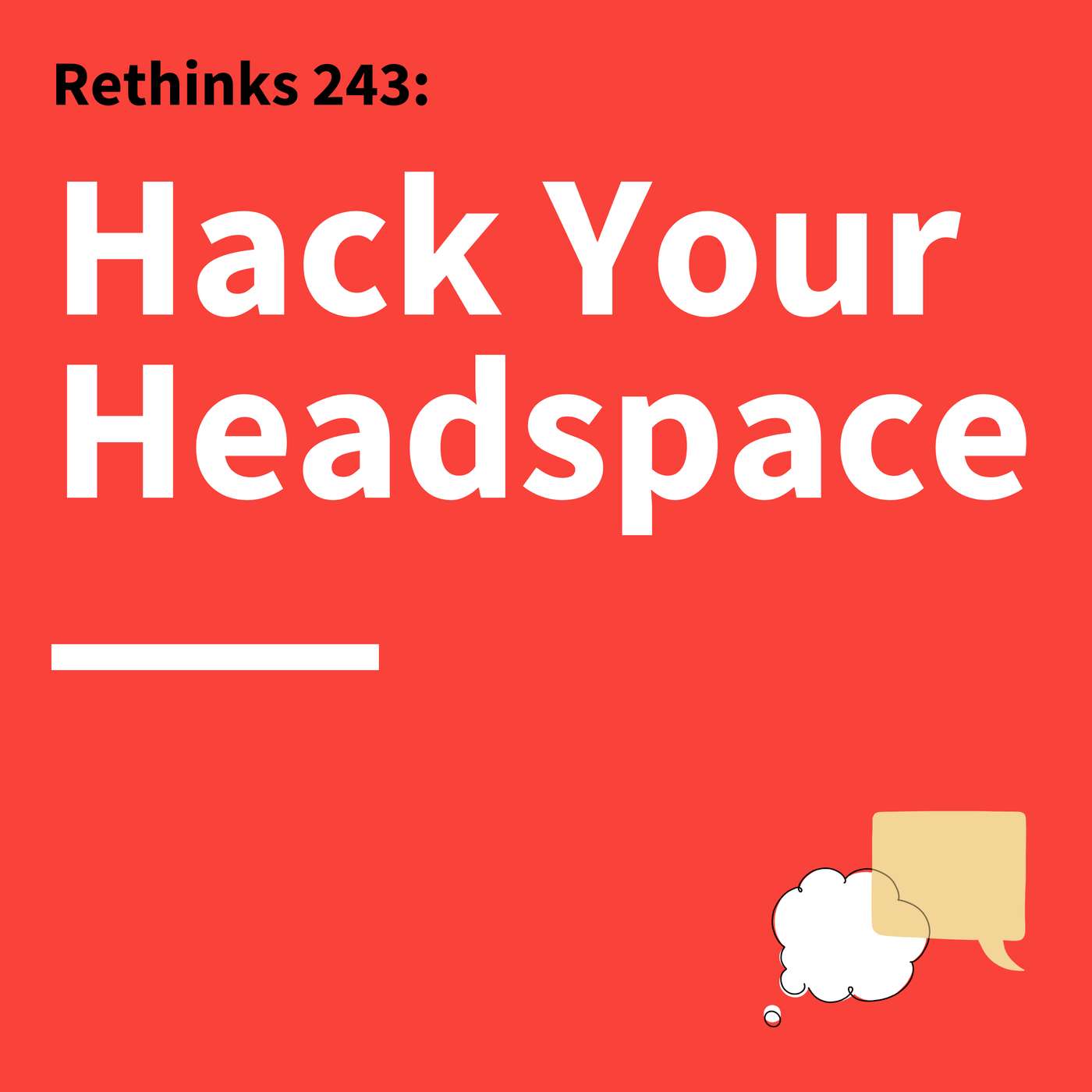
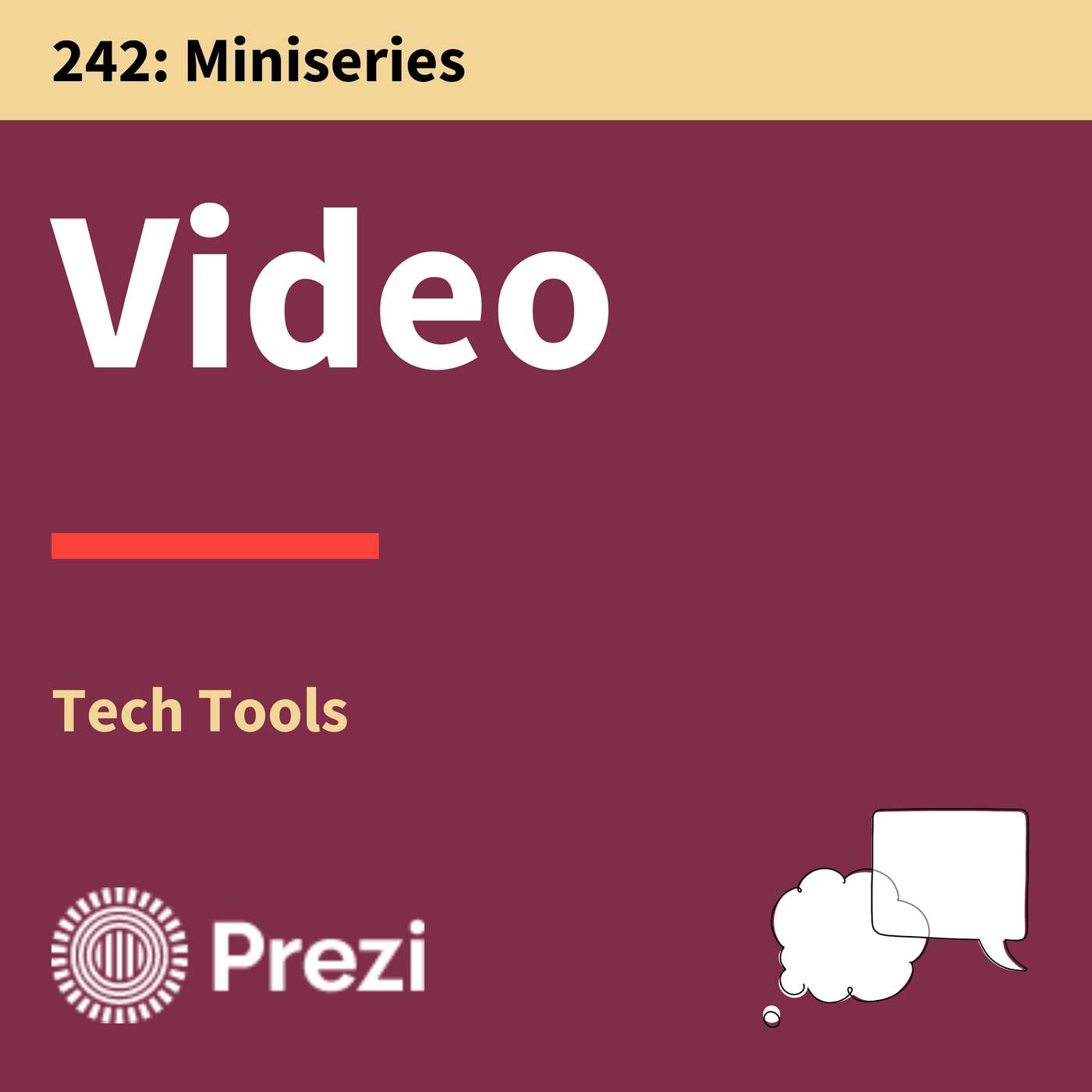
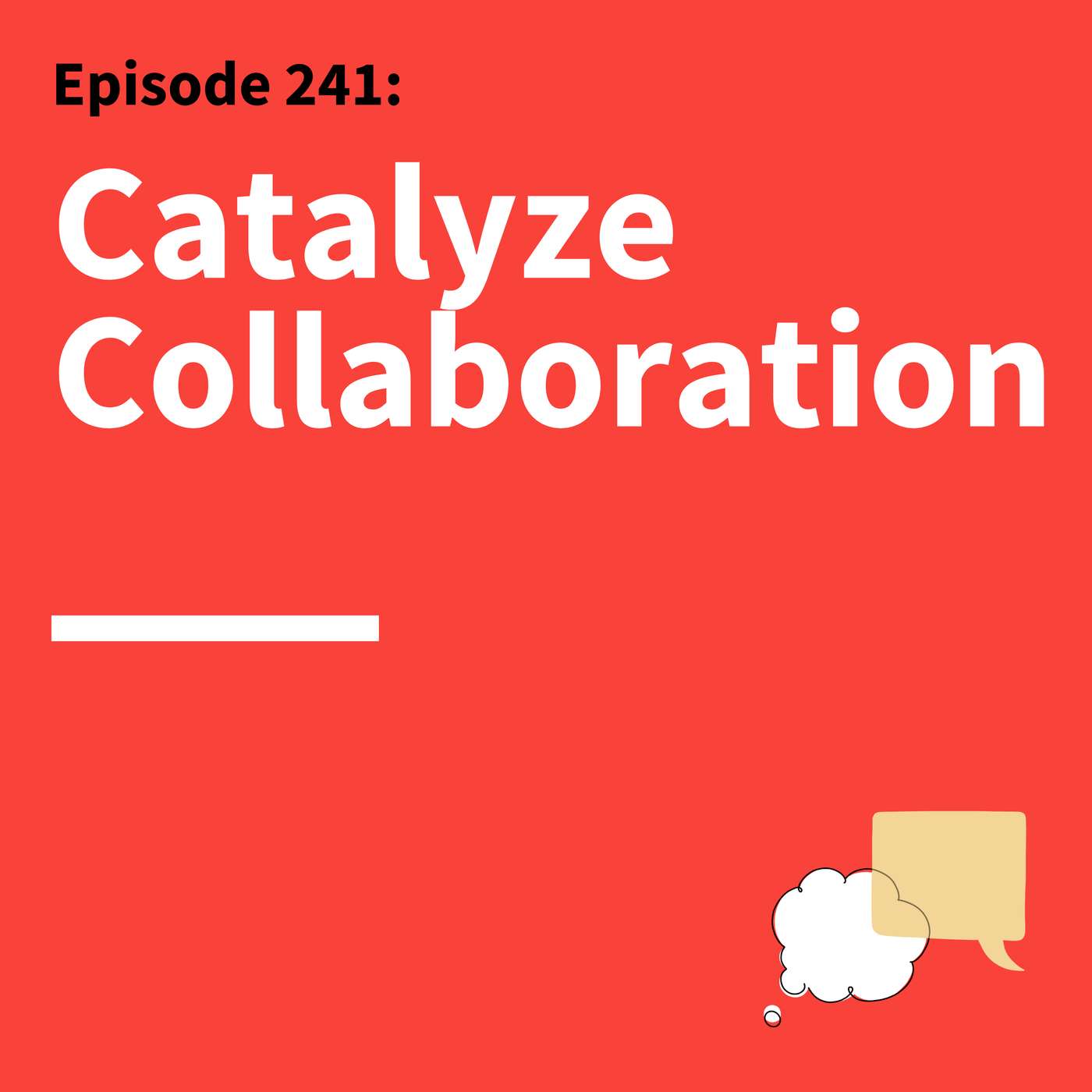
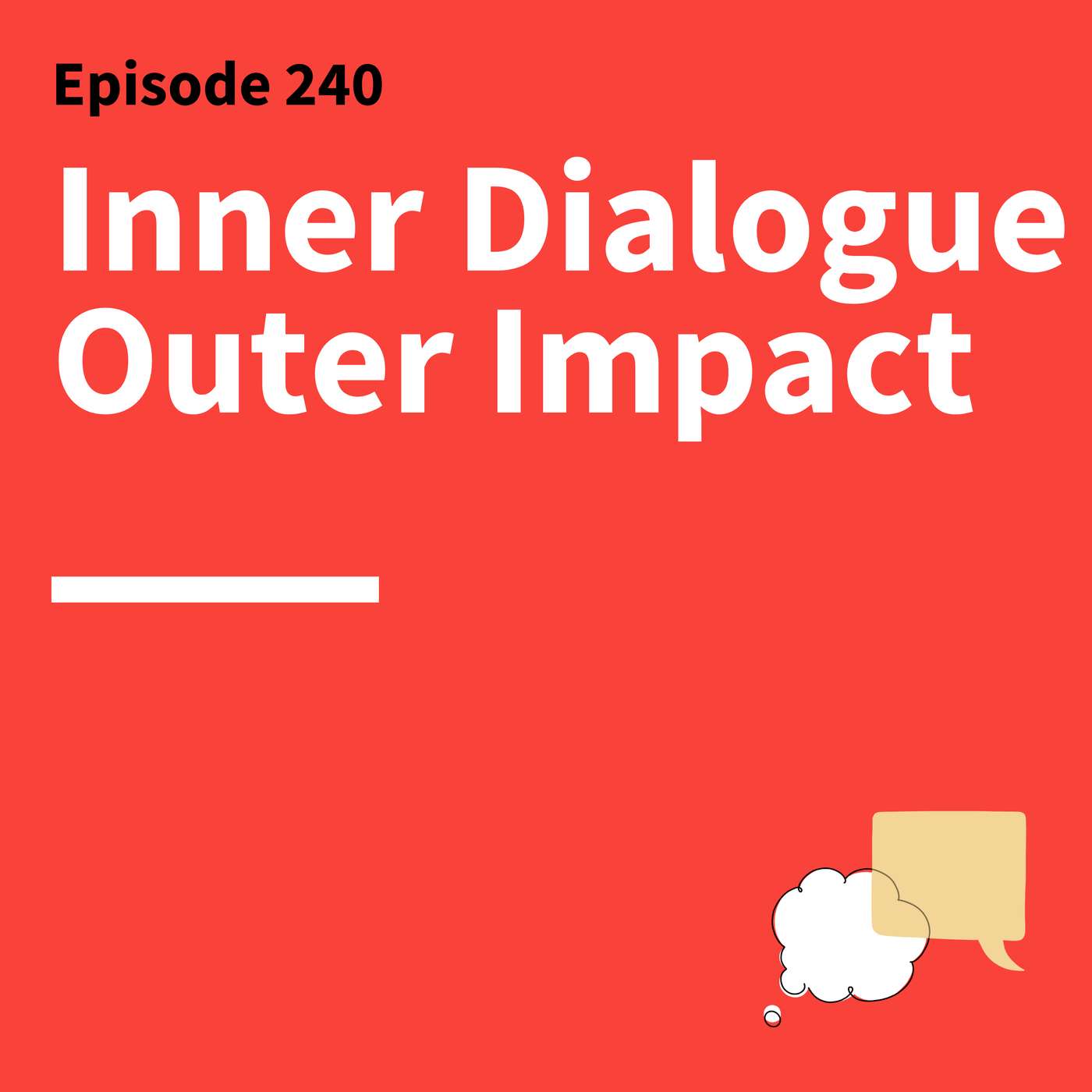
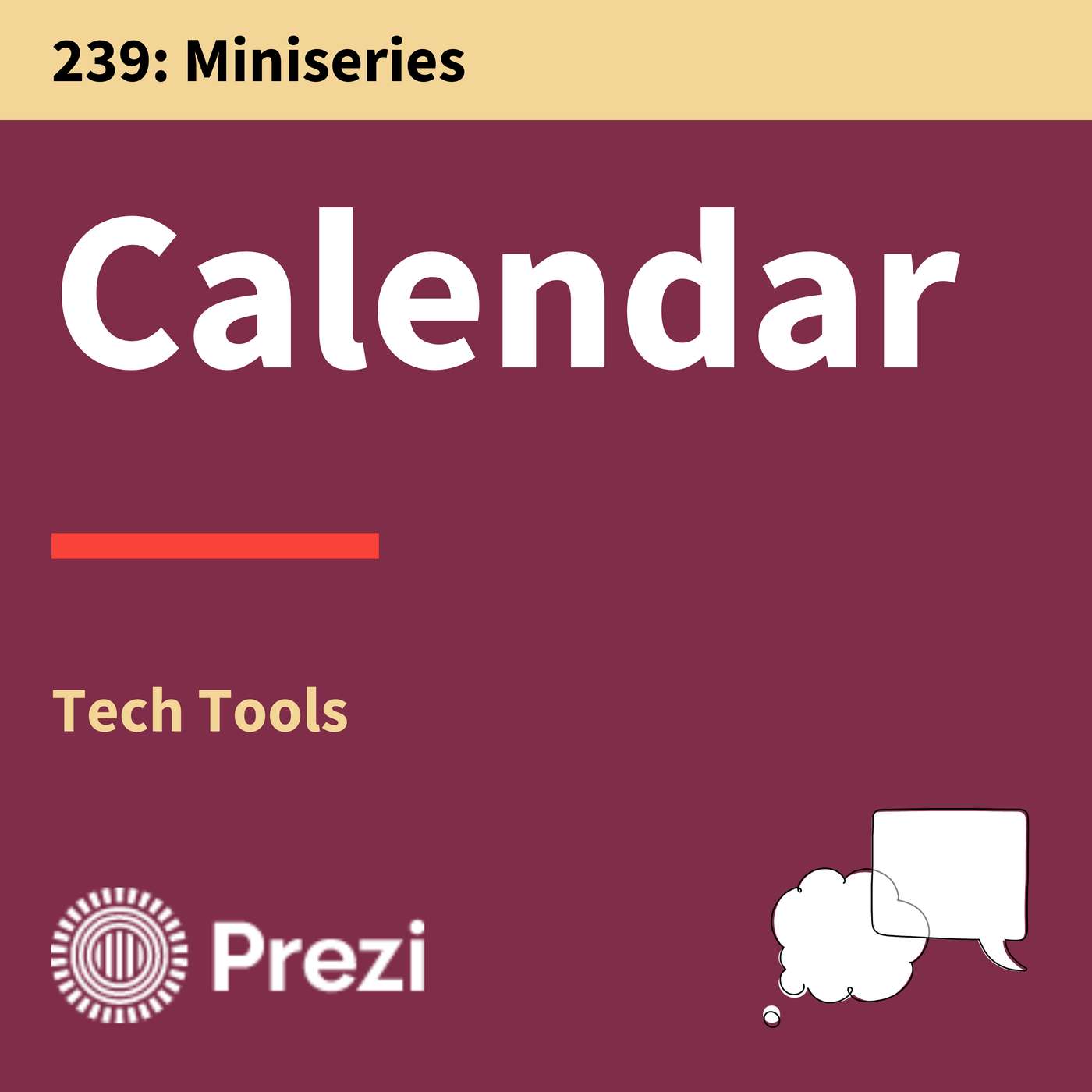

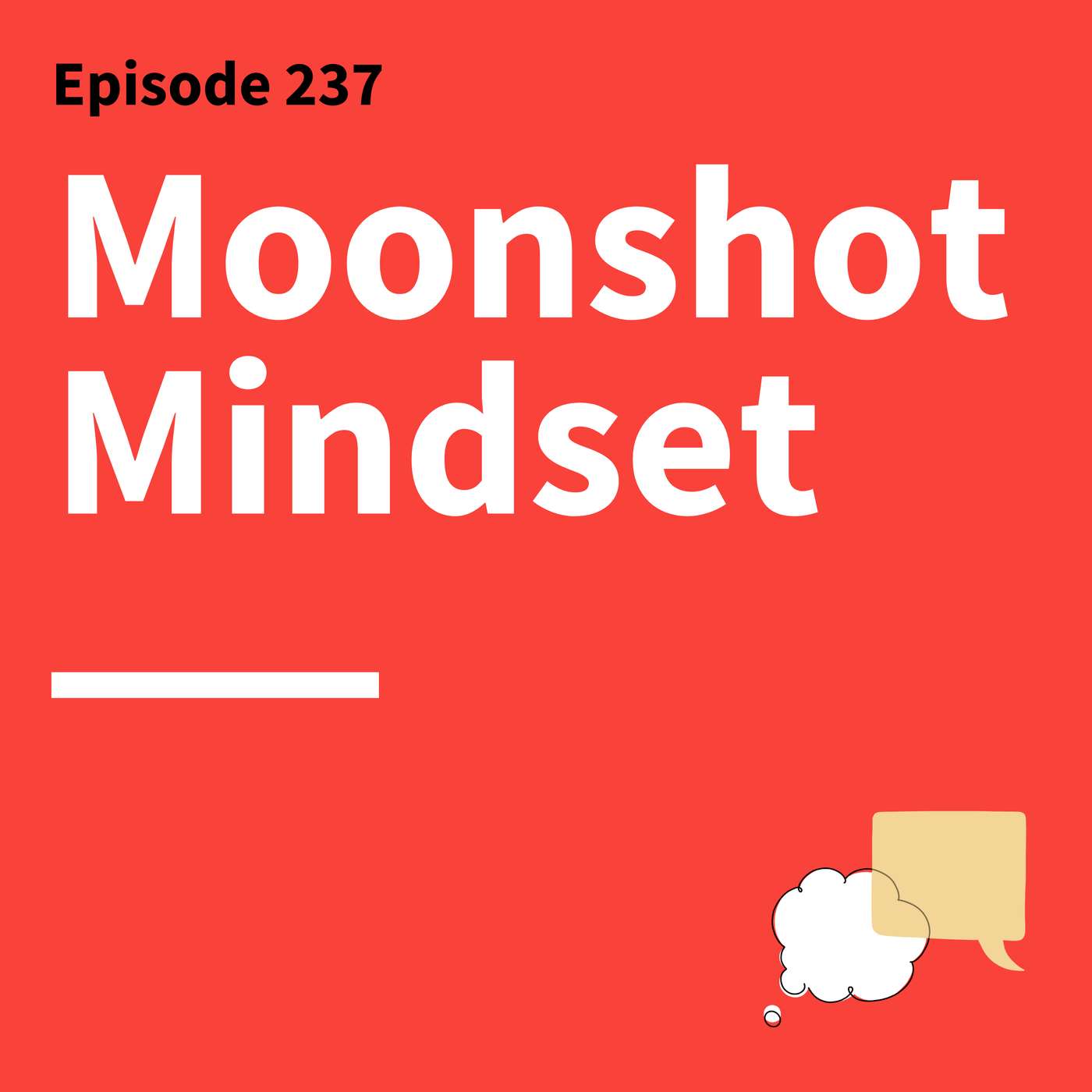
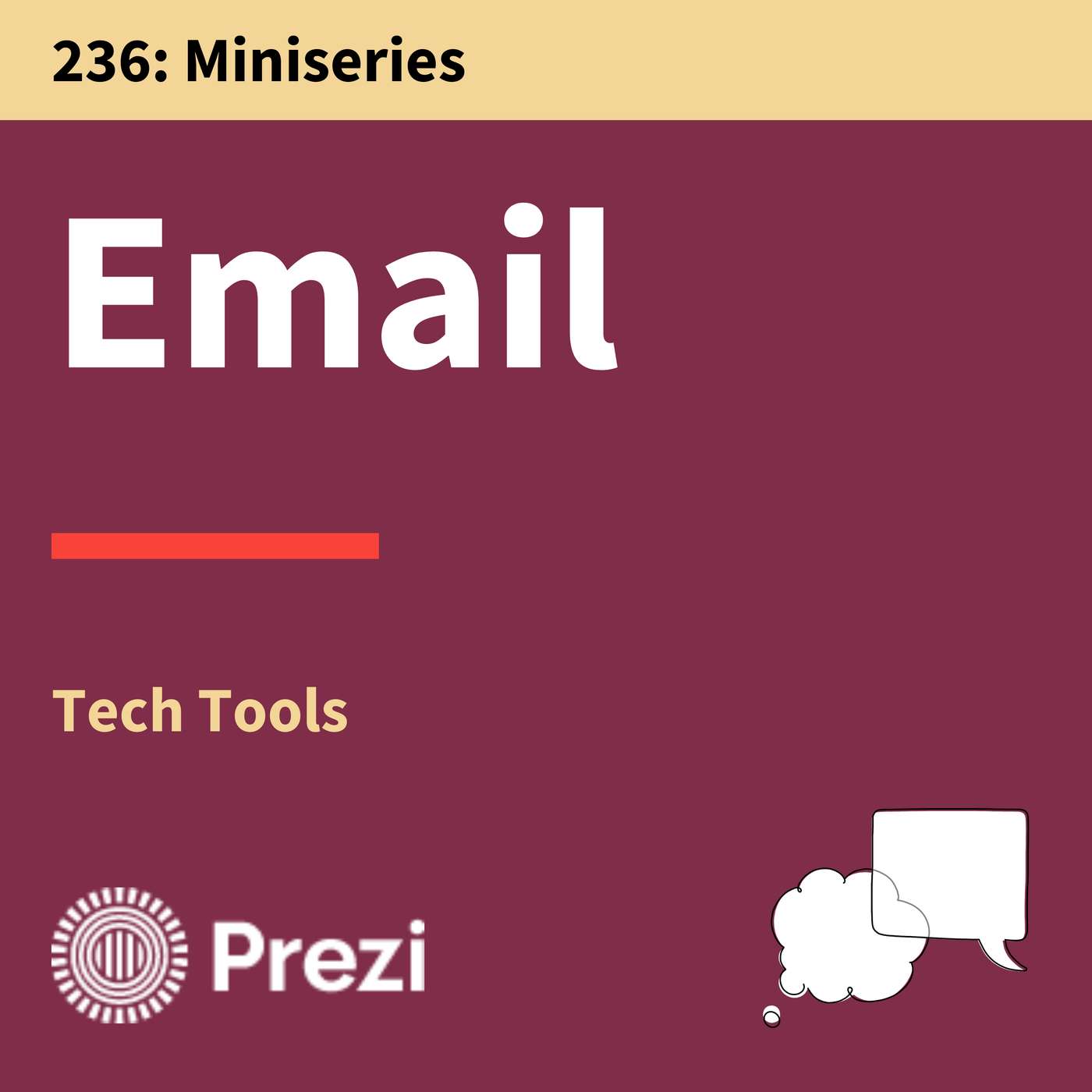


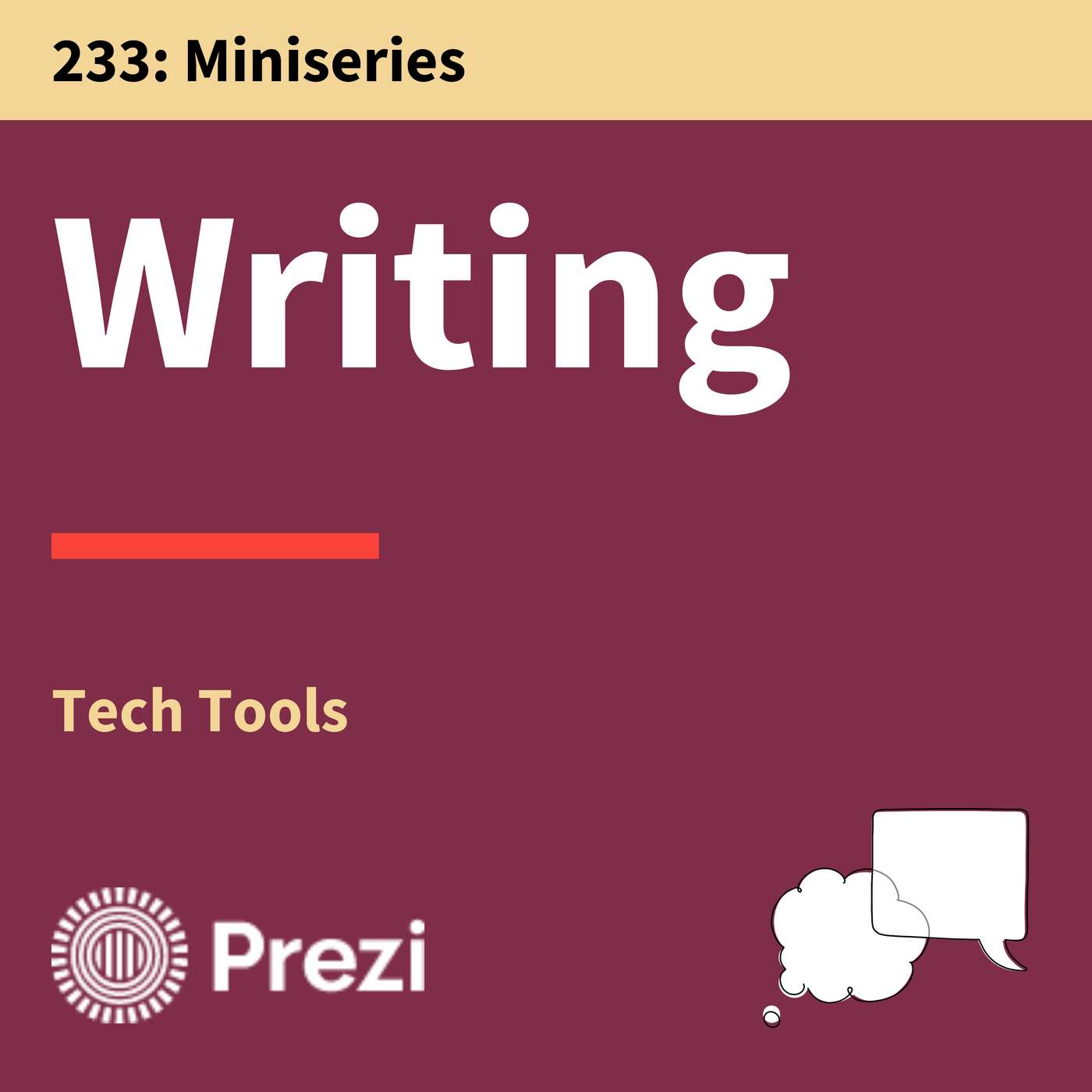



https://www.sonakapoor.in/chennai.html https://www.sonakapoor.in/rishikesh.html https://www.sonakapoor.in/indore.html https://www.sonakapoor.in/pune.html https://www.sonakapoor.in/nagpur.html https://www.sonakapoor.in/jodhpur.html https://www.sonakapoor.in/jaipur.html https://www.sonakapoor.in/udaipur.html https://www.sonakapoor.in/allahabad.html https://www.sonakapoor.in/panchkula.html https://www.sonakapoor.in/zirakpur.html https://www.sonakapoor.in/mohali.html https://www.sonakapoor.in/jalandhar.html https://www.sonakapoor.in/ambala.html https://www.sonakapoor.in/amritsar.html https://www.sonakapoor.in/kharar.html https://www.sonakapoor.in/ludhiana.html
https://www.sonakapoor.in https://www.sonakapoor.in/goa.html https://www.sonakapoor.in/mumbai.html https://www.sonakapoor.in/delhi.html https://www.sonakapoor.in/noida.html https://www.sonakapoor.in/gurgaon.html https://www.sonakapoor.in/lucknow.html https://www.sonakapoor.in/hyderabad.html https://www.sonakapoor.in/dehradun.html https://www.sonakapoor.in/mathura.html https://www.sonakapoor.in/agra.html https://www.sonakapoor.in/bangalore.html https://www.sonakapoor.in/kolkata.html https://www.sonakapoor.in/chennai.html https://www.sonakapoor.in/rishikesh.html https://www.sonakapoor.in/indore.html https://www.sonakapoor.in/pune.html https://www.sonakapoor.in/nagpur.html https://www.sonakapoor.in/jodhpur.html https://www.sonakapoor.in/jaipur.html https://www.sonakapoor.in/udaipur.html https://www.sonakapoor.in/allahabad.html https://www.sonakapoor.in/panchkula.html https://www.sonakapoor.in/zirakpur.html https://www.sonakapoor.in/mohali.html https://www.sonakapoor.in/jalandhar.html http
great
Thanks alot.
Really informative episode...
https://moha.arzookanak.in/ | https://mana.arzookanak.in/ | https://zira.arzookanak.in/ | https://panc.arzookanak.in/ | https://jala.arzookanak.in/ | https://amri.arzookanak.in/ | https://kasa.arzookanak.in/ | https://khar.arzookanak.in/ | https://atch.arzookanak.in/ | https://dhra.arzookanak.in/ | https://luck.arzookanak.in/ | https://chen.arzookanak.in/ | https://kolka.arzookanak.in/ | https://pune.arzookanak.in/ | https://indor.arzookanak.in/ | https://gurg.arzookanak.in/ | https://hyde.arzookanak.in/ | https://udai.arzookanak.in/ | https://mumb.arzookanak.in/ | https://sura.arzookanak.in/ | https://mula.arzookanak.in/ | https://bang.arzookanak.in/
Very enlightening and inspiring thoughts. Thank you!
Досягнення Дієго Сімеоне https://bestrest.com.ua/ua/article/246063-Rekord-Diyego-Simeone-yak-700-matchiv-zrobyly-yogo-legendoyu-La-Ligy вражає і підтверджує його статус одного з найкращих тренерів сучасності. 700 матчів — це не просто цифра, а результат величезної праці та відданості. Його стиль гри змінив «Атлетіко» і зробив команду однією з найпотужніших у Європі. Незважаючи на критику, його здобутки неможливо заперечити, і Сімеоне залишиться легендою Ла Ліги.
saw the lecture on YouTube and here I am:)
that really helps me with my english language skill
thanks 😊
voting, done
great 😃
Really inspiring, thanks
❤️❤️
I took some notes 📝 desirability ⚘️test the prototype/ externalize the product/..
lovely
Thank you
thanks alot for your great padcast, please put the scripts under the padcasts I'm a English learner thank you
👌